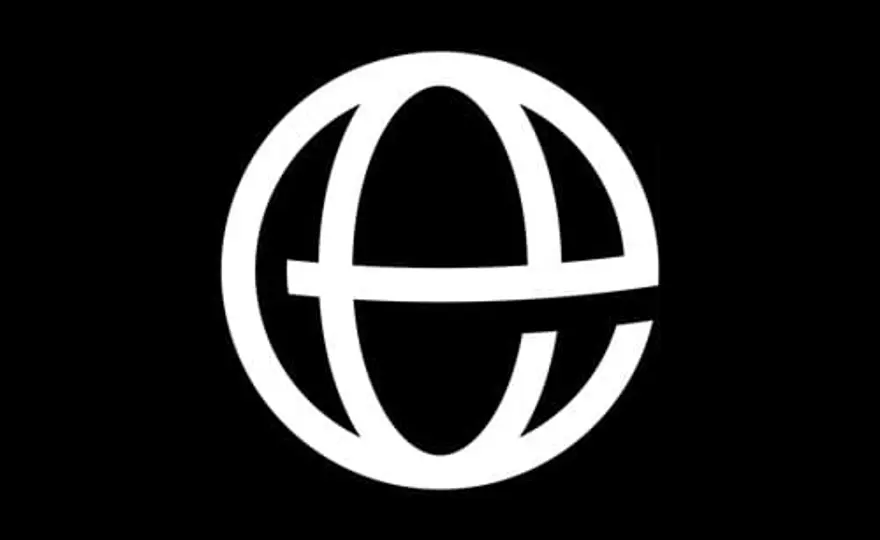ClientEarth Communications
28th September 2018


On 26 and 27 September, ClientEarth attended the second workshop on EU project, Development of an Assessment Framework on Environmental Governance in EU Member States.
A consortium led by the Institute for European Environmental Policy is carrying out the project on behalf of the European Commission. Its aim is to overcome the lack of sound methodologies for assessing certain aspects of environmental governance, including access to justice for the public, revealed in the first round of the Commission’s Environmental Implementation Review (EIR).
The assessment results are to be presented in country reports, which will feed into the second round of the European Commission's EIR. The topic of access to justice is specifically dealt with under the heading of the rule of law.
The project was designed with the intention of facilitating stakeholder input into the assessment framework, something that was lacking in the EIR process itself. To this end, three stakeholder workshops were planned from the outset. The second workshop held this week specifically discussed the draft country reports that were published in July by IEEP on the Commission’s CIRCAB platform. To access them, log on CIRCABC first before clicking on this link.
Each country report discusses at some length the conditions for access to justice in environmental matters in all of the EU’s Member States. If you would like to comment on the content of the draft report, please send your contribution to Conference@ieep.eu before 5 November.
Access to Justice is a fundamental means through which citizens and NGOs can support the implementation and enforcement of laws and policies to protect the environment. The goal of this ATOJ-EARL project is to achieve “Access to Justice for a Greener Europe”. It strives to enhance access to justice in environmental matters by providing information, training and support for the judiciary, public authorities and lawyers of eight European member states. ClientEarth and Justice and Environment are implementing this project with the financial support of the European Commission’s LIFE instrument.
